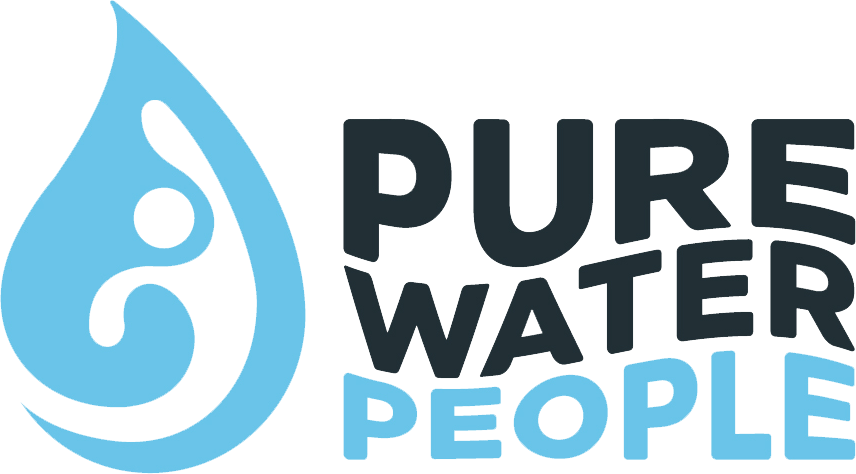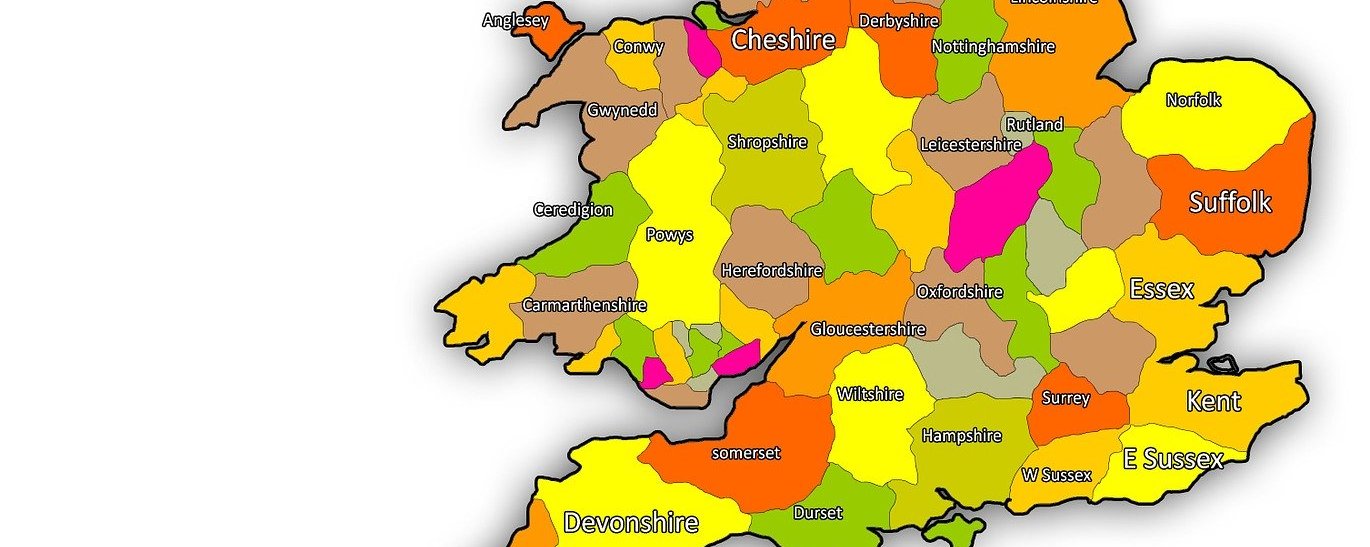Where are the Worst Hard Water Areas in England?
Posted on 10th November 2019 at 15:26
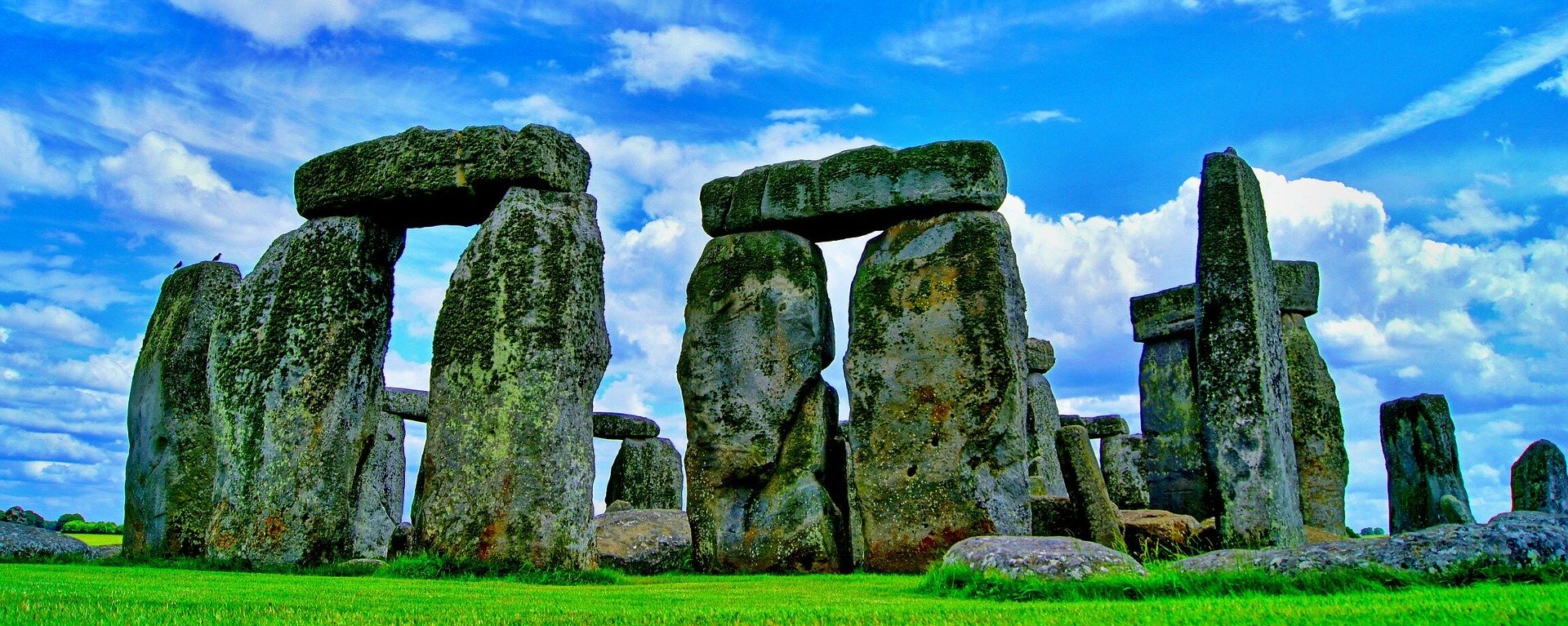
Many areas of the UK have hard water. This ranges from dealing with scum and scale to a raging a constant battle with bad tasting water, broken kitchen appliances, and rising fuel bills. We have found by carrying out water tests around the country that some areas are much worse affected than others with hard water and the resulting issues. When it comes to water hardness, the M4 corridor is particularly bad. This includes London, Reading through Swindon, Bath, and Bristol. The home counties including Kent, Surrey, Hertfordshire, and Berkshire are some of the worst hard water areas in England too.
What Causes Water Hardness?
Most of the water that enters your home originally comes from underground and on its journey to your house will pass through soil and rock unique to your area. If you live in an area with certain types of rock such as chalk and limestone then calcium and magnesium minerals will end up in your water supply as they are dissolved by rain water that flows through them. The compound which is the main cause of hardness is CaCo3 or Calcium carbonate. Some rocks like granite, sandstone and slate only contain trace amounts of calcium and magnesium, resulting in soft water. Learn more about hard water and what limescale is.
Oolitic limestone in the Cotswolds, Greensand in West Wiltshire and chalk in the Salisbury Plain and Dorset Downs all contribute to hard water. A vein of limestone running between Swindon and Bath also causes serious issues with water hardness. The limestone around Bath is responsible for the famous Bath Stone.
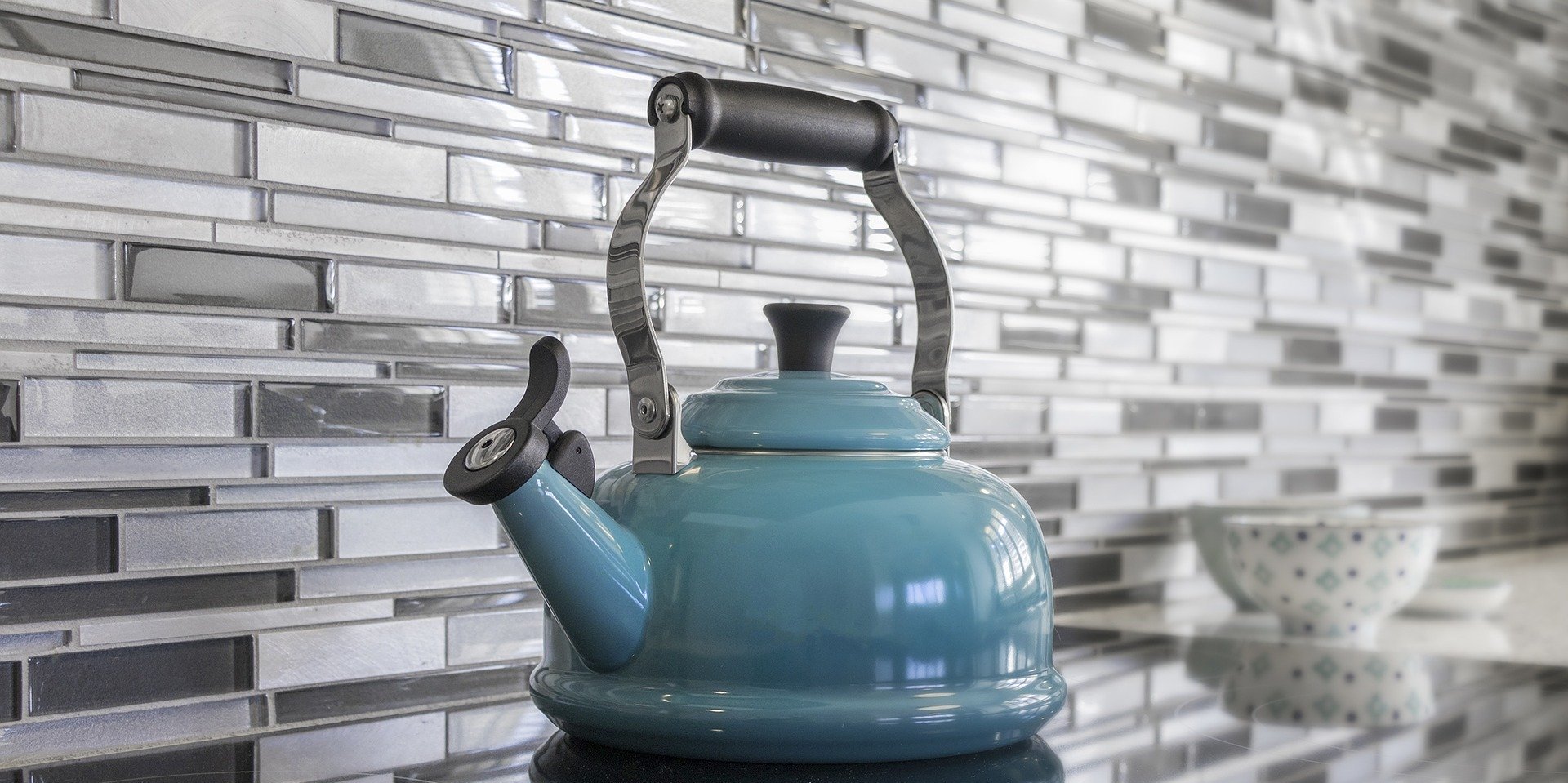
What is The Difference Between Hard and Very Hard Water?
There is a scale of water hardness based on the amount in milligrammes of CaCo3 per litre. The description of water hardness refers to the following:
Soft: less than 150 Milligrams per Litre (mg/l) of Calcium Carbonate (CaCo3)
Hard: between 150-300 mg/l of CaCo3
Very Hard: over 300 mg'l of CaCo3
Towns and Cities with Hard or Very Hard water
Bath
Very Hard Water: 307 mg/l CaCo3
Bristol
Hard Water: 232 mg/l CaCo3
Guildford
Hard Water: 238 mg/l CaCo3
Hemel Hempstead
Very Hard Water: 303 mg/l CaCo3
Milton Keynes
Very Hard Water: 308 mg/l CaCo3
Oxford
Hard Water: 278.5 mg/l CaCo3
Reading
Hard Water: 277.5 mg/l CaCo3
Slough
Very Hard Water: 304.0 mg/l CaCo3
Swindon
Very Hard Water
348.5 mg/l CaCo3
Walton-on-Thames
Hard Water: 238 mg/l CaCo3
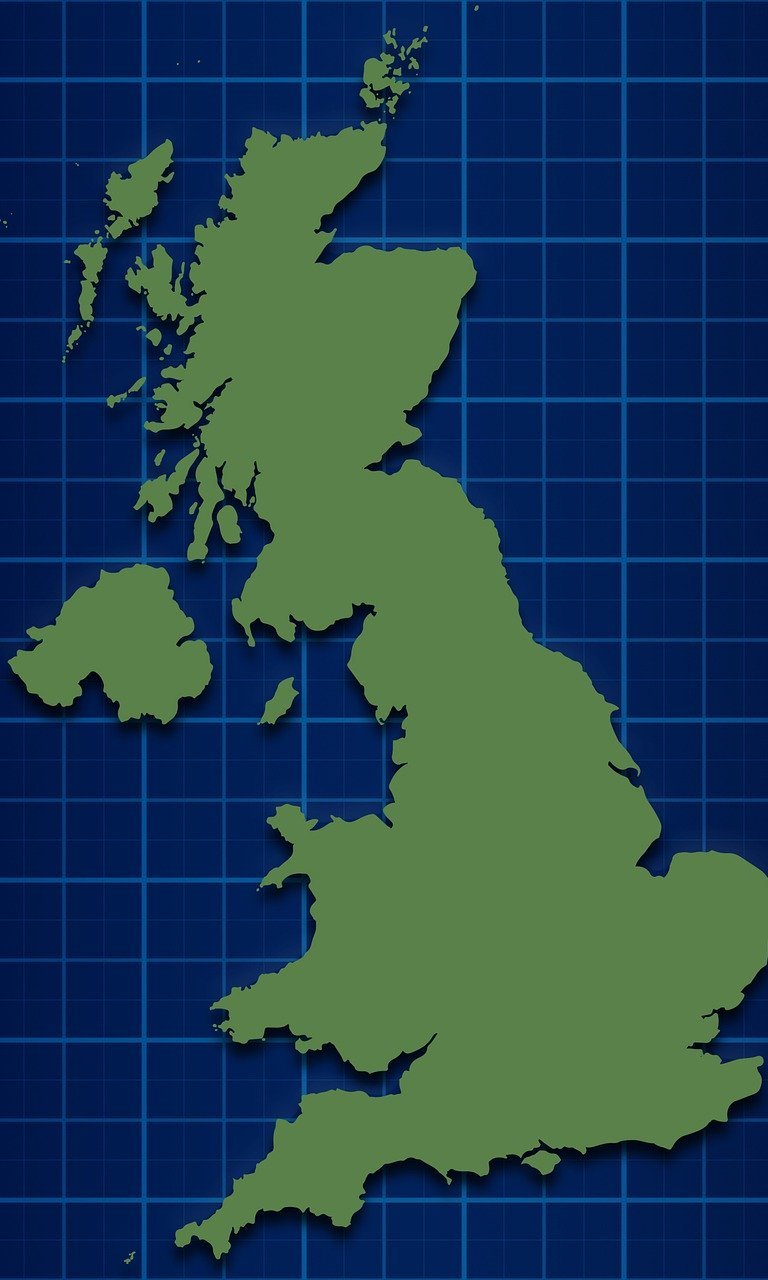
How to Get Rid of Hard Water
If you have hard water and want to get rid of it, then contact us today and hear how our whole home water systems can purify your water, making it good for your health, appliances and bank balance. We don’t just cover those areas mentioned in this blog so call us on 01179 109988 to find out how we can help you.
Read Pure Water People reviews from our happy customers in these areas and beyond.
This content will only be shown when viewing the full post. Click on this text to edit it.
Share this post:

